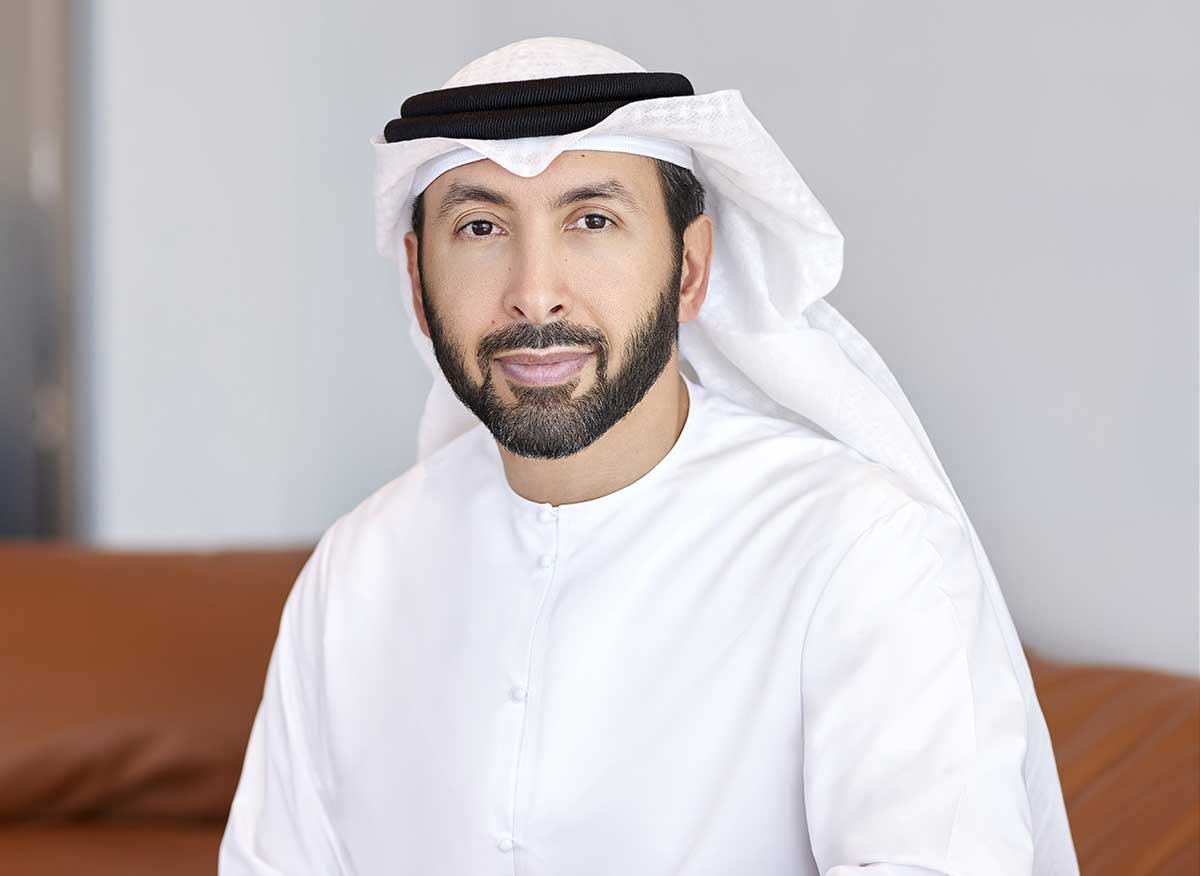Hasan Jasem Al Nowais, managing director and group CEO of M42, talks about the transformation sweeping the healthcare industry in the region, and how M42 is leading patient-centric innovation and development for a sustainable and healthy future for all.
M42 has rapidly emerged as a key player in healthcare innovation. What are the primary growth objectives driving the company’s expansion?
Our journey has seen us grow six times in six years and diversify revenues, with almost half coming from our international business. The coming together of Mubadala Health and G42 Healthcare created a unique powerhouse in healthcare innovation and set the stage for continued growth and medical advancements, and tangible global impact. The three key drivers influencing our growth journey are:
1. Our north star is quality care and there is no compromise on this. We deliver the highest quality of patient-centric care in all our markets, and we are doubling down on specialty services and advancing the three ‘Ps’ (precision, prevention, and prediction), prioritizing people’s health and wellbeing. By focusing on this, the financials will follow.
2. The acquisition of Diaverum expanded our footprint to 480 clinics in 26 countries. Using these locations are a beachhead, M42 is taking our specialties to new markets to help tackle the rise in chronic diseases, such as diabetes via Imperial College London Diabetes Centre. We have identified key clusters, such as renal care and women and children’s health, and strategic focuses, such as genomics and digital health, where we can add value and support global efforts.
3. Where we see global health gaps, we are keen on plugging these for the benefit of humanity. At home, we entered a strategic investment partnership with the UAE’s Ministry of Defense on the newly named Sheikh Sultan Bin Zayed Hospital to bring world-class care to over three million people in the northern regions. Similarly, we teamed up with Mumtalakat to provide long-term care in Bahrain through Amana Healthcare and with the kingdom’s Royal Medical Services to provide world-class heart and lung transplant surgical procedures for Bahraini patients. Similarly, M42 is doubling down on genomics, clinical testing and trials, life sciences, environmental sciences, and the digitization of healthcare ecosystems because we strongly believe these areas will radically transform healthcare as we know it.
Genomics is a major pillar of M42’s vision. How do you see its role in transforming healthcare in the UAE and beyond?
Globally, there is a lack of diversity in genomics research and too many subpopulations around the world are having to go without the associated benefits, such as improved clinical care, understanding disease etiology, early disease detection, better diagnosis, and rational drug design. We are correcting this imbalance. Building on the success of the Emirati Genome Program (EGP) in partnership with the Department of Health – Abu Dhabi, M42 is leading on several large-scale and impactful initiatives, including the Abu Dhabi Biobank.
We are already working with people at risk of diseases and implementing preventive strategies, discovering novel gene mutations, and generating insights into disease to increase the global diversity of genomics research. M42 has the largest omics facility outside the U.S. with the capability to sequence 400,000 genetic samples annually, so we are also well positioned to support other nations to initiate the kind of population health programs that will have a transformational impact on their healthcare ecosystems. We recently signed an agreement with Uzbekistan’s Ministry of Health to do just this.
Further, with our unique phenotypic and genotypic datasets, combined with data from our environmental sciences work, M42 is boosting the life sciences agenda by utilizing our data- and AI-led ecosystem to enable faster drug discovery and development, more efficient clinical trials, and deeper R&D.
What are the biggest challenges in scaling genomics solutions, and how is M42 addressing them?
Scaling genomics solutions presents several challenges, including data complexity, infrastructure needs, regulatory considerations and integration into healthcare systems. M42 is addressing these challenges with a comprehensive, multi-pronged approach, and through dynamic public and private partnerships, such as with the DoH-Abu Dhabi, G42’s network of companies, Microsoft, CCF, Illumina, Oxford Nanopore Technologies, and others.
How does M42 integrate precision medicine, prevention, and predictive healthcare into its core operations?
M42’s commitment to the ‘3Ps’ of healthcare — precision, prevention, and prediction— is embedded in our core strategy and integrated in the way we deliver care. For instance, in collaboration with the Department of Health – Abu Dhabi, we are advancing precision and prevention with pre-marital genetic screening, finding the “hidden disease” and targeting genetic disorders. On prediction, with our work on the EGP, we are able to identify cancer-causing gene mutations, predict risk and enroll patients into the clinical system.

What is your vision for the future of healthcare, and where do you see M42 in that future?
With increases in chronic diseases, rising healthcare costs and variable access to care globally, the UAE has charted a bold path to tackle this avalanche of challenges by forging ties all around the world to plug global gaps in healthcare.
M42 is at the center of this transformation and progressing precise, preventive and predictive health solutions and leveraging advanced technologies to help create a more sustainable health future. Our true power lies in combining physical and digital, patient care and cutting-edge technology, and phenotypic and genotypic data sets to advance innovation in health.
We are, therefore, uniquely placed to capitalize on future opportunities to partner with local and global organizations to redraw healthcare paradigms, transition from treatment to prevention, advance disease prevention and personalized treatment, and effect positive change at scale.








